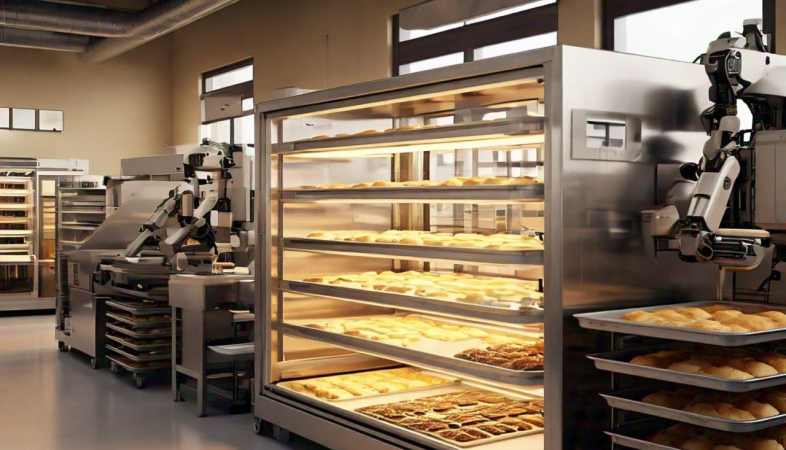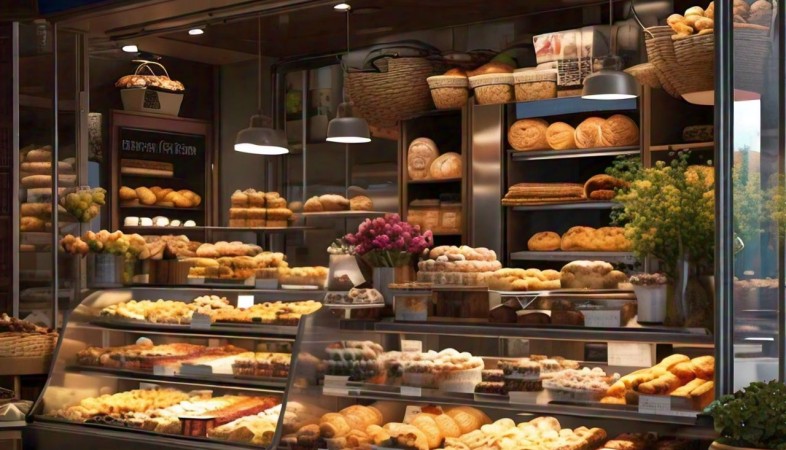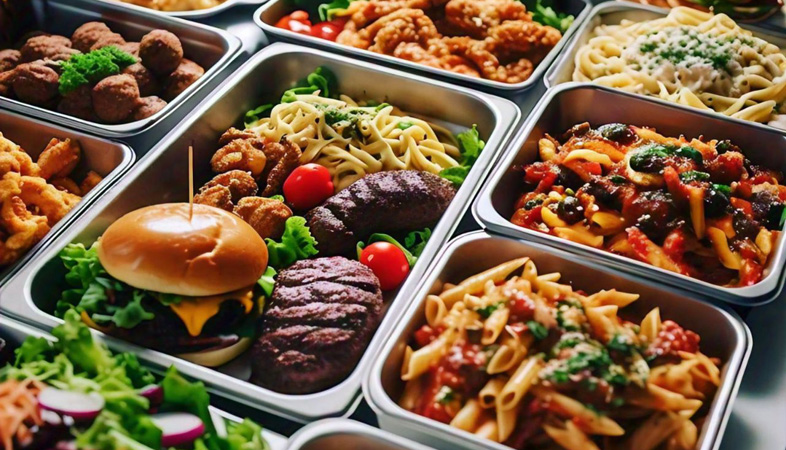Efficient Kitchen Stewarding: Balancing Cost and Quality in Hotel Operations
Efficient kitchen stewarding is a cornerstone of successful hotel operations.
In the bustling environment of hotel kitchens, the role of
kitchen stewarding is often overlooked despite being critical to maintaining
seamless operations. Efficient kitchen stewarding is essential not only for
ensuring cleanliness and order but also for balancing cost and quality, which
are pivotal for a hotel's success. By optimizing processes and leveraging smart
management techniques, kitchen stewarding can significantly contribute to the
overall efficiency and profitability of hotel operations.
One of the primary responsibilities of kitchen stewards is maintaining hygiene and cleanliness standards. This includes cleaning dishes, utensils, and kitchen equipment, as well as ensuring that all food preparation areas are sanitized. High standards of cleanliness are non-negotiable in hotel kitchens, as they prevent contamination and ensure the health and safety of guests. Effective cleaning schedules and the use of appropriate cleaning agents can help maintain these standards, reducing the risk of foodborne illnesses and ensuring compliance with health regulations.
Cost management is another critical aspect of kitchen stewarding. Labor costs, utility expenses, and the cost of cleaning supplies can quickly add up, impacting the hotel’s bottom line. Implementing cost-effective practices, such as energy-efficient dishwashers and environmentally friendly cleaning products, can help reduce expenses. Additionally, training staff to use resources efficiently and avoid wastage can further drive down costs. By balancing these factors, kitchen stewards can contribute to the financial sustainability of hotel operations.
Efficiency in kitchen stewarding also hinges on effective inventory management. Keeping track of cleaning supplies and equipment ensures that the kitchen runs smoothly without interruptions. Regular inventory checks help avoid overstocking or understocking, both of which can lead to unnecessary expenses or operational delays. Implementing a digital inventory management system can streamline this process, providing real-time data and alerts when supplies need replenishing.
The organization is key to efficient kitchen stewarding. A well-organized kitchen allows staff to work more effectively and reduces the time spent searching for utensils or cleaning supplies. Implementing a systematic approach to organizing kitchen tools and equipment can significantly enhance workflow. Labeling storage areas, using color-coded systems for different types of utensils, and ensuring that frequently used items are easily accessible are all strategies that can improve organization and efficiency.
Training and development of kitchen stewarding staff are crucial for maintaining high standards and efficiency. Regular training sessions on the latest cleaning techniques, safety protocols, and cost-saving practices can empower staff to perform their duties more effectively. Additionally, cross-training staff to handle multiple responsibilities within the kitchen can provide flexibility and ensure that operations run smoothly, even during peak times.
Technology plays a significant role in modern kitchen stewarding. Automated dishwashing machines, for instance, can handle large volumes of dishes quickly and efficiently, reducing the need for manual labor and freeing up staff for other tasks. Advanced cleaning equipment, such as steam cleaners and high-pressure washers, can also enhance efficiency by providing thorough cleaning with less effort. Embracing technology not only improves productivity but also ensures consistent quality and hygiene standards.
Collaboration and communication between kitchen stewards and other kitchen staff are vital for smooth operations. Clear communication channels and a collaborative work environment ensure that everyone is on the same page and that tasks are completed efficiently. Regular meetings and briefings can help address any issues, streamline processes, and foster a team-oriented culture. When kitchen stewards and chefs work together harmoniously, it enhances the overall efficiency and quality of the kitchen operations.
Sustainability is increasingly becoming a focus in kitchen stewarding. Adopting eco-friendly practices, such as reducing water and chemical usage, recycling waste, and using biodegradable cleaning products, can contribute to a hotel’s sustainability goals. These practices not only help in reducing the environmental impact but also appeal to eco-conscious guests, enhancing the hotel's reputation.
Efficient kitchen stewarding is a cornerstone of successful hotel operations. By maintaining high standards of cleanliness, managing costs effectively, optimizing inventory, organizing the kitchen, investing in staff training, leveraging technology, fostering collaboration, and embracing sustainability, kitchen stewards can significantly enhance the efficiency and profitability of hotel kitchens. Their role, though often behind the scenes, is integral to delivering a seamless and high-quality dining experience for guests.
.png)








 at The Aviyaan.jpeg)



















